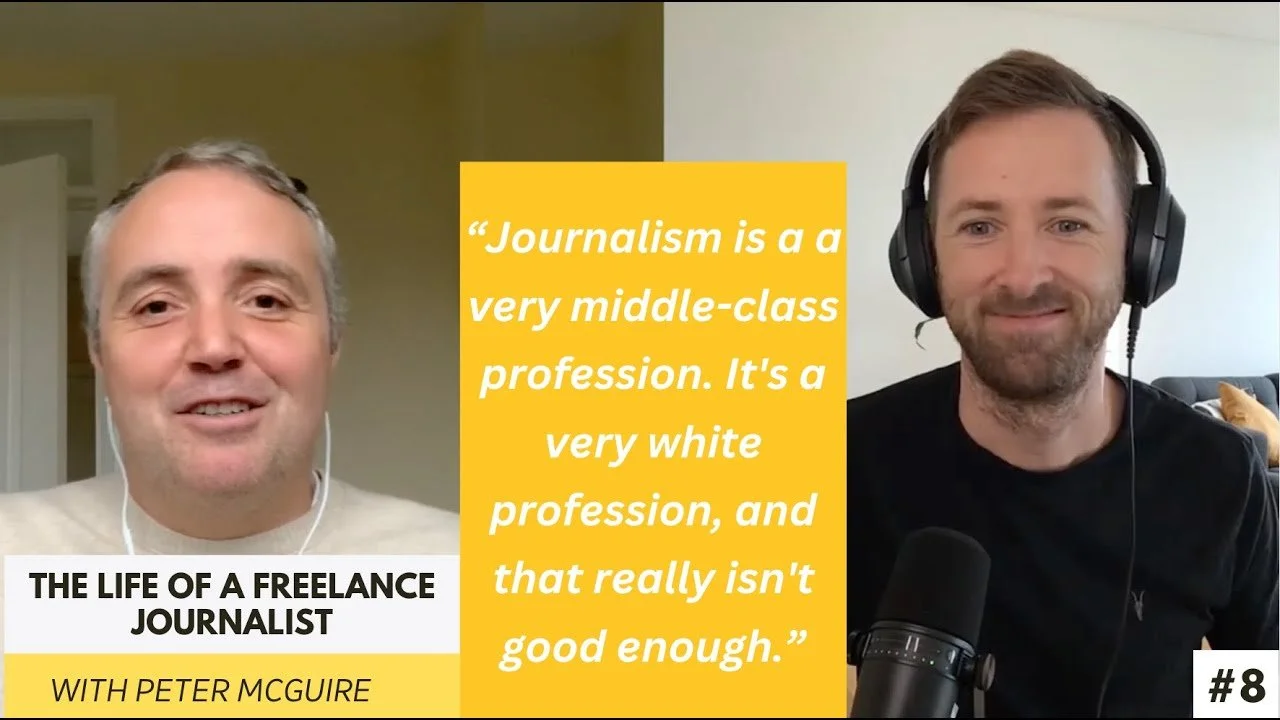Ask Better Questions - Get Better Answers
Simple? Yes, very simple. Easy? Not necessarily. How many times will you ask yourself bad questions on any given day and get bad answers? We’ve all done it. This is something simple that we can consciously change just by becoming aware of it and having better options available to us.
Instead of “What have done wrong” - how about “what have I done well?"
Instead of “Why does this happen to me” - how about “how could I brighten up someone else’s day?"
Instead of “What’s bad about this situation” - how about “what’s good about this situation?”
Try it for a week and see if it works for you.
Here are some coaching points on decision-making. Whenever something happens to us, we are almost forced to ask ourselves these three questions, either consciously or unconsciously. So what are they and what do they mean?
1. What happened?
What is the situation now?
2. What does it mean?
What meaning am I going to give this situation? We can always change the meaning that we give to events. Sometimes when we have struggles or challenges, we only see the negative or the bad parts of these. Every psychologist, psychotherapist and psychiatrist has read the book “Man’s Search for Meaning” by Victor Frankl, where the author notes that even in the most challenging of circumstance, people can still to choose their attitude.
“Everything can be taken from a man but one thing - the last of the human freedoms - to choose ones attitude in any given set of circumstances, to choose ones way”
3. What did you decide to do?
What action steps are you going to take? This is the key part. Action is more powerful than words so let’s make sure that you’re going to do something positive about what happened.
The Science:
In 1985, the neuropsychologist, Michael Gazzaniga, studied patients who had uncontrollable epilepsy. In fact, it was so serious that the method of treatment was to cut the connections between the two hemispheres of the brain so that the seizures would not be able to spread to other parts of the brain.
When Gazzaniga worked with these patients individually, he presented a written message to the visual field that fed into the right hemisphere. The message would ask the patient to perform a simple task like standing up and walking around. Then, he would present a message to the left hemisphere, which controls speech - asking the person to explain why they were walking around. Typically, the person would make up an answer that didn’t match with the command that they had actually been given. In other words, they found an answer for the question that they had been asked even though they didn’t know whether or not the question was valid.
“The left hemisphere could not know the true reason for the action, but it showed no hesitation in making up a plausible reason. One speculation is that we have some sort of rational engine whose job it is to observe our behaviours and make inferences about rational causes.”
Finally, I hope that you enjoyed this coaching philosophy and neuroscience post!
Thanks for reading, Ronan
References:
Klein, G. A. (1998) Sources of Power: How People Make Decisions. Cambridge, MA: MIT Press
Frankl, V. E. (1985) Mans Search for Meaning. Washington Square Press










